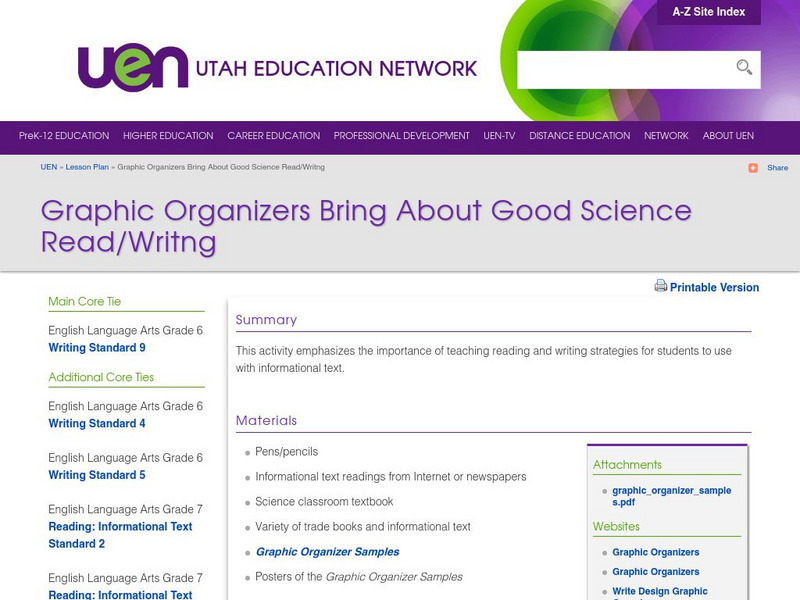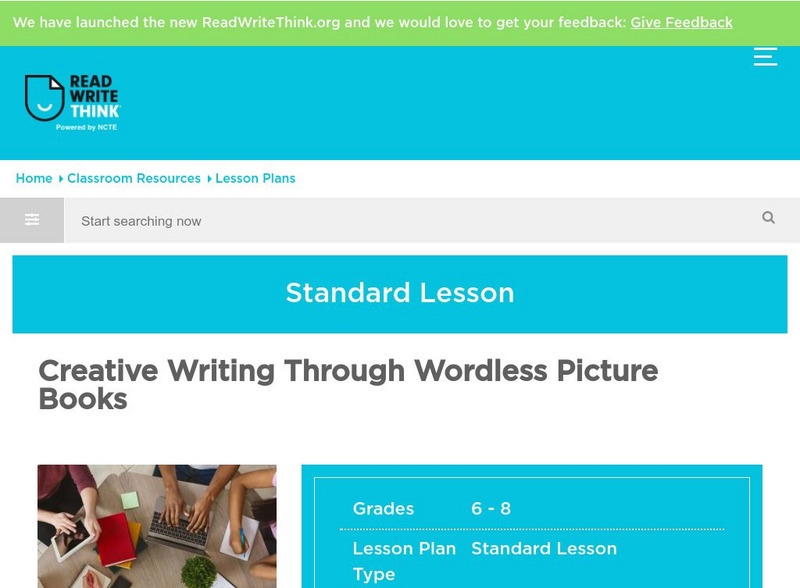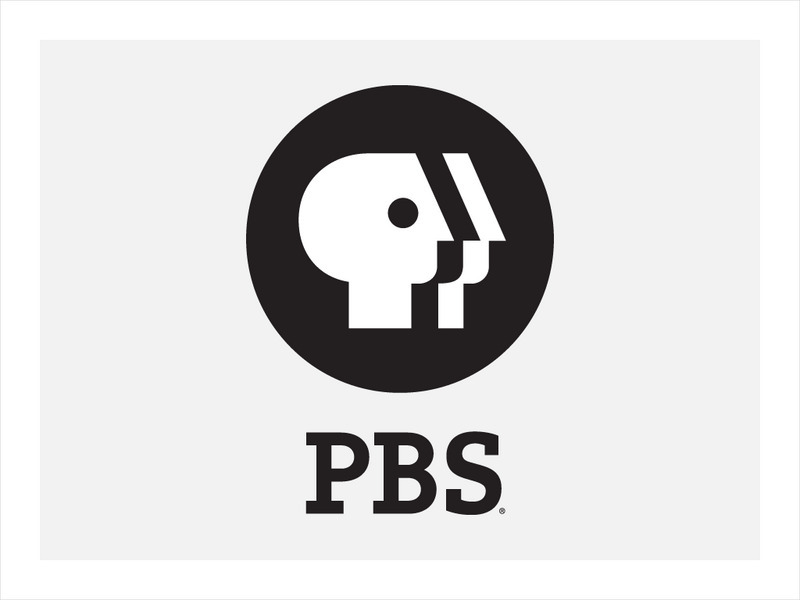Hi, what do you want to do?
College Board
Evaluating Sources: How Credible Are They?
How can learners evaluate research sources for authority, accuracy, and credibility? By completing readings, discussions, and graphic organizers, scholars learn how to properly evaluate sources to find credible information. Additionally,...
Better Lesson
Better Lesson: Audience, Tone, and Style in Informative Text
Students will read samples of informative writing and highlight examples of how tone and style are used by the authors. Students will then apply this knowledge by writing their own informative text. Multiple examples of student work and...
Utah Education Network
Uen: Graphic Organizers Bring About Good Science Read/writing
This lesson uses graphic organizers to engage students in reading comprehension strategies for informational text in science. Venn Diagram, Hierarchy, Time Line, Cluster Diagram, and Flow Chart reproducible pages are included with the...
Sophia Learning
Sophia: Comparing and Contrasting Texts
Two PowerPoint presentations and a video [2:57] on comparing and contrasting literary and informational texts as well as how to write a literary analysis. Includes links to external resources.
Better Lesson
Better Lesson: A Storm of Ideas
The first step in writing an informational text on the topic of students' choice is helping the student choose a topic of interest. Students will brainstorm ideas that will be possible final topics.
CPALMS
Cpalms: Structures and Skeletons
In this interactive learning module, students read informational text about dinosaurs and examine paragraph structure. They will learn about different types of text structure for informational paragraphs, identify the most effective...
ReadWriteThink
Read Write Think: Text Features: Non Fiction [Pdf]
Compare the printed page to an electronic web page and use this activity to discuss the similarities and differences. A cross-curricular tie-in with ecosystems. Could easily be adapted to another subject area.
Other
Ccss Literacy E Handbook: Informational Text: Summarize
A short explanation of how summarize an informational text. Click on the Model link to see an example summary with explanation.
Science Buddies
Science Buddies: Computer Sleuth: Identification by Text Analysis
Here's a project where you can try your hand at being a detective with your computer. In this project you'll write a program to do some basic analysis of features of written text (for example, counting the length of each word in the...
TES Global
Tes: Non Fiction Unit 4 Formal/impersonal Writing: Tourists
[Free Registration/Login Required] Students will analyze tourism brochures to determine features related to nonfiction writing in this unit. Tourism websites may be used in lieu of the brochures. Cotswold and the North Leigh Roman Villa...
Writing Fix
Writing Fix: The Wacky "I Will Not" Chalkboard
Students can use this writing idea from the book Wacky We-Search Reports by Barry Lane to demonstrate understanding in any content area. Students use the idea of writing "I will not " sentences to show their knowledge of various...
University of North Carolina
University of North Carolina: Writing Center: Handouts: Evidence
What kinds of evidence best support the points you make in a paper? Where can you find the evidence you need? This handout answers all these questions and more, including the difference between primary and secondary sources. You'll also...
ReadWriteThink
Read Write Think: Creative Writing Through Wordless Picture Books
Need help planning ways to creatively teach your students chronological order? Here's a great place to start. While the site is specifically geared toward the middle school student, it is a teaching idea which could easily be adapted for...
ReadWriteThink
Read Write Think: Draw a Story: Stepping From Pictures to Writing
Help young students move from drawing pictures into writing simple stories. Good plan for having students put pictures in sequential order and teaching them about sequential order.
Capital Community College Foundation
Guide to Grammar and Writing: Principles of Organization
In writing and reading organization is the key to a reader's understanding. A great site for those of you who are looking for some further explanation of organization in writing. There is instruction, an example text, and specific...
PBS
Pbs Teachers: Story Writing With Arthur
This series of 12 downloadable activities teach students some basics of story writing, using books or videos from the PBS "Arthur" series as a springboard. Activities include creating story maps, asking questions about characters and...
ReadWriteThink
Read Write Think: Animal Study From Fiction to Facts
Contains plans for five 50-minute lessons that ask young scholars to compare and research information about animals from fiction and nonfiction texts. In addition to student objectives and standards, these instructional plans contains...
ReadWriteThink
Read Write Think: Playing With Genre Through Newspapers and Short Stories
Contains plans for three lessons that ask young scholars to compare narrative writing (short stories) to expository writing (news articles) in order to understand what makes each genre unique. In addition to objectives and standards,...
Writing Fix
Writing Fix: Unlikely Diary Keepers
The writer will assume the role of a living creature (like an arthropod) or an abstraction (like a fraction). Writers will do research on what they have chosen as their roles, and learn new facts about these roles. The writer will...
Texas Education Agency
Texas Gateway: Teaching Expository & Persuasive Texts: Writing Expository Essays
In an expository essay, a type of informational text, the writer clarifies or explains something by using facts, details, and examples in a clear and concise way. To write an effective expository essay, students need a basic...
University of Sydney (Australia)
The Write Site: Constructing a Working Thesis
Students will find a thorough definition of a thesis. Non-examples of thesis statements are also provided.
ReadWriteThink
Read Write Think: Listen, Look, and Learn: An Information Gathering Process
This lesson models an information-gathering process for primary learners as they listen to and look at resources, seeking information pertinent to the questions on an information wheel. Guiding the listening, looking, and learning...
Thinkport Education
Thinkport: Democratic Processes
In this activity, students write informative/explanatory texts describing various aspects of the political process in the United States. This self-paced module is aligned to College and Career Ready Standards for Literacy in Social...
Education.com
Education.com: W.3.2.b Worksheets: Develop the Topic With Facts, Definitions,
[Free Registration/Login Required] A site with links to 30 worksheets that can be downloaded and printed for student use while building skills with standard W.3.2.B: Develop the topic with facts, definitions, and details.











![Read Write Think: Text Features: Non Fiction [Pdf] Lesson Plan Read Write Think: Text Features: Non Fiction [Pdf] Lesson Plan](https://static.lp.lexp.cloud/images/attachment_defaults/resource/large/FPO-knovation.png)















